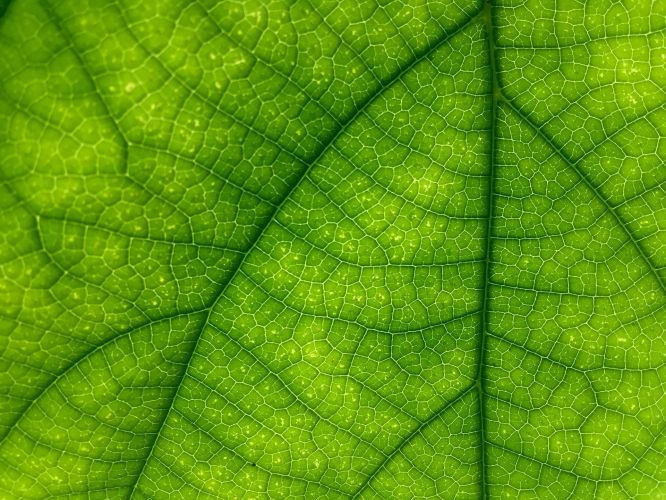Κυκλική Οικονομία
Σήμερα, το 80% των Αστικών Στερεών Αποβλήτων (ΑΣΑ) περίπου οδηγείται προς ταφή
![]()
Το μέλλον χωρίς Απόβλητα είναι εφικτό εντός του αιώνα που διανύουμε εαν ακολουθήσουμε το μοντέλο της Κυκλικής Οικονομίας.
Τον Μάιο 2018 εγκρίθηκαν στο πλαίσιο της κυκλικής οικονομίας νέοι κανόνες για τα απόβλητα με ορίζοντα το 2030:
- ανακύκλωση του 65% των ΑΣΑ
- ανακύκλωση των απορριμμάτων συσκευασιών σε ποσοστό 75%
- υγειονομική ταφή <10%
Από το γραμμικό μοντέλο του «παράγω, καταναλώνω, πετάω», πρέπει να περάσουμε στο κυκλικό μοντέλο οικονομικής ανάπτυξης «παράγω, καταναλώνω, επανακτώ, επαναχρησιμοποιώ και ανακυκλώνω».
Είναι το οικονομικό και κοινωνικό μοντέλο που μιμείται τη ΦΥΣΗ. Η φύση δεν παράγει απόβλητα! Το ίδιο πρέπει να μάθουμε να κάνουμε και εμείς!
European Union’s Strategy for Plastics
European Union’s Strategy for Plastics
Plastics is a very common and widely used material used in our everyday life. The increased use of plastics over the past decades especially single-used plastics has led to serious pollution in the natural environment and ecosystems.
In 2018 the EU acknowledging the extended environmental issues created by plastics has adopted the European Strategy for Plastics as part of the Circular Economy Package and in 2019 has adopted the 2019/904
Directive promoting sustainable production and consumption of plastics as well as the prevention of plastic waste, and to reduce and ban the most common single/use plastics attempting to tackle plastics pollution.
It has been calculated that in the EU beaches, 80 to 85% of beach waste is plastic, 50% of them is single-use plastics and a 27% is fishing gear with plastic parts (904/2019 Directive).
As such, in 2030 all plastic packaging in the EU market must be recyclable, the use of single/use plastics must be reduced and microplastics within the products must be eliminated. Furthermore, specific targets have been set to regarding single plastics
• Ban of specific single-use plastic products (cotton bud sticks, cutlery, plates, straws, beverage stirrers, food containers made of polystyrene, products made from oxodegradable plastic, etc);
• Separate collection of PET bottles (up to 3Lt) up to 77% by 2025 and 90% by 2029;
• 25% of recycled material in new PET bottles by 2025;
• 30% of recycled material in new PET bottles by 2029
National Goals
National Goals
Greece in alignment to the EU legislation must achieve the following goals
![]()
